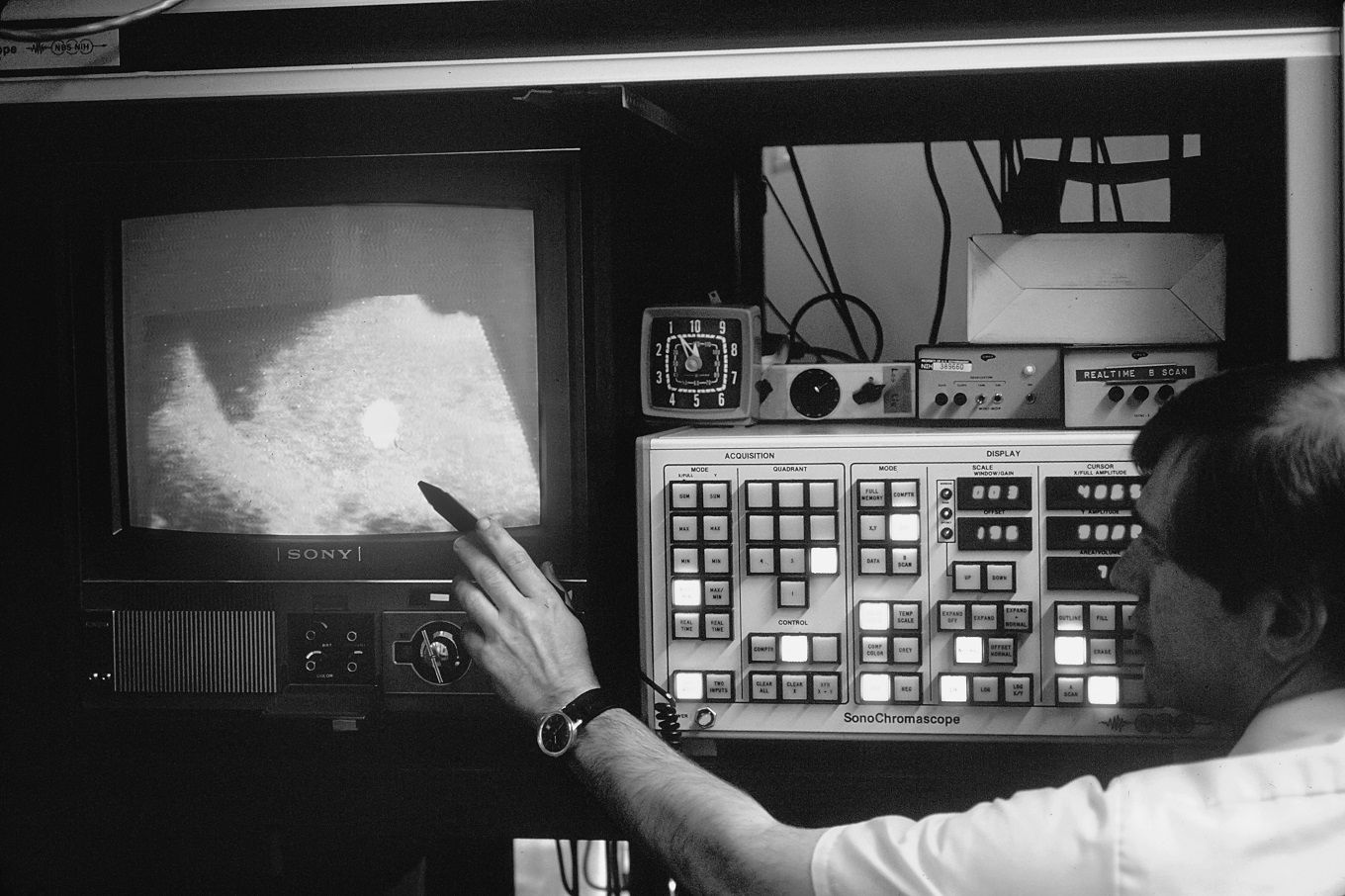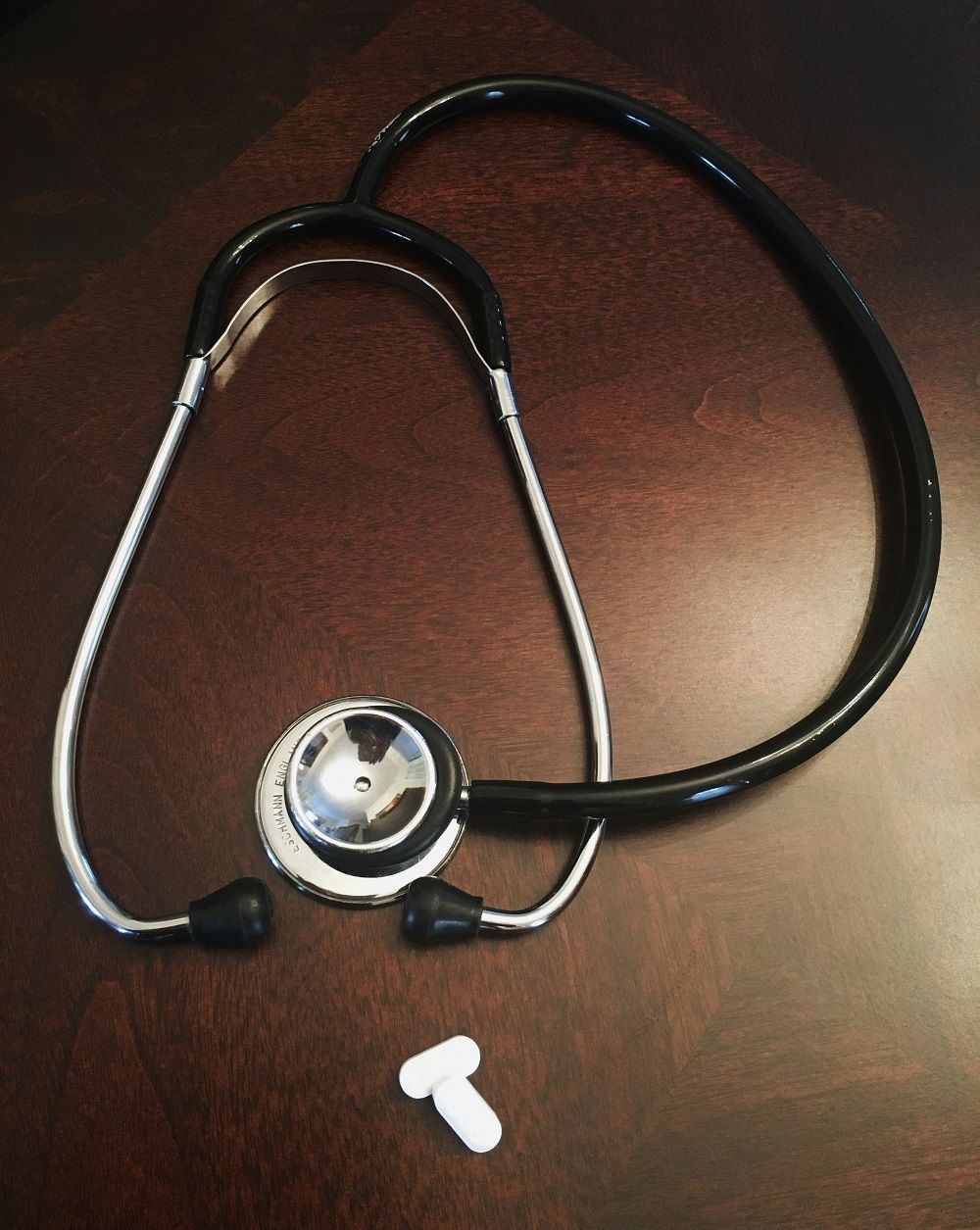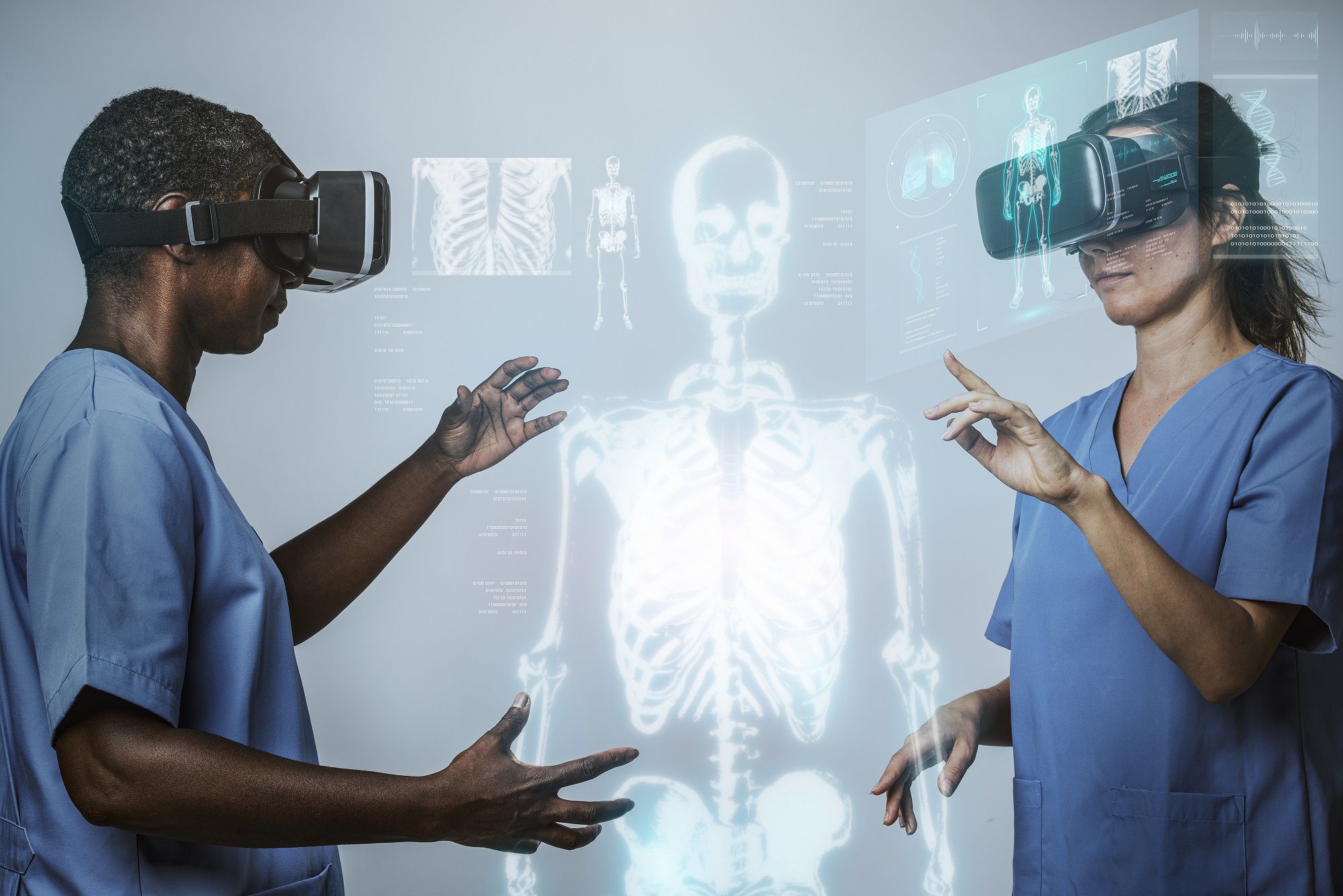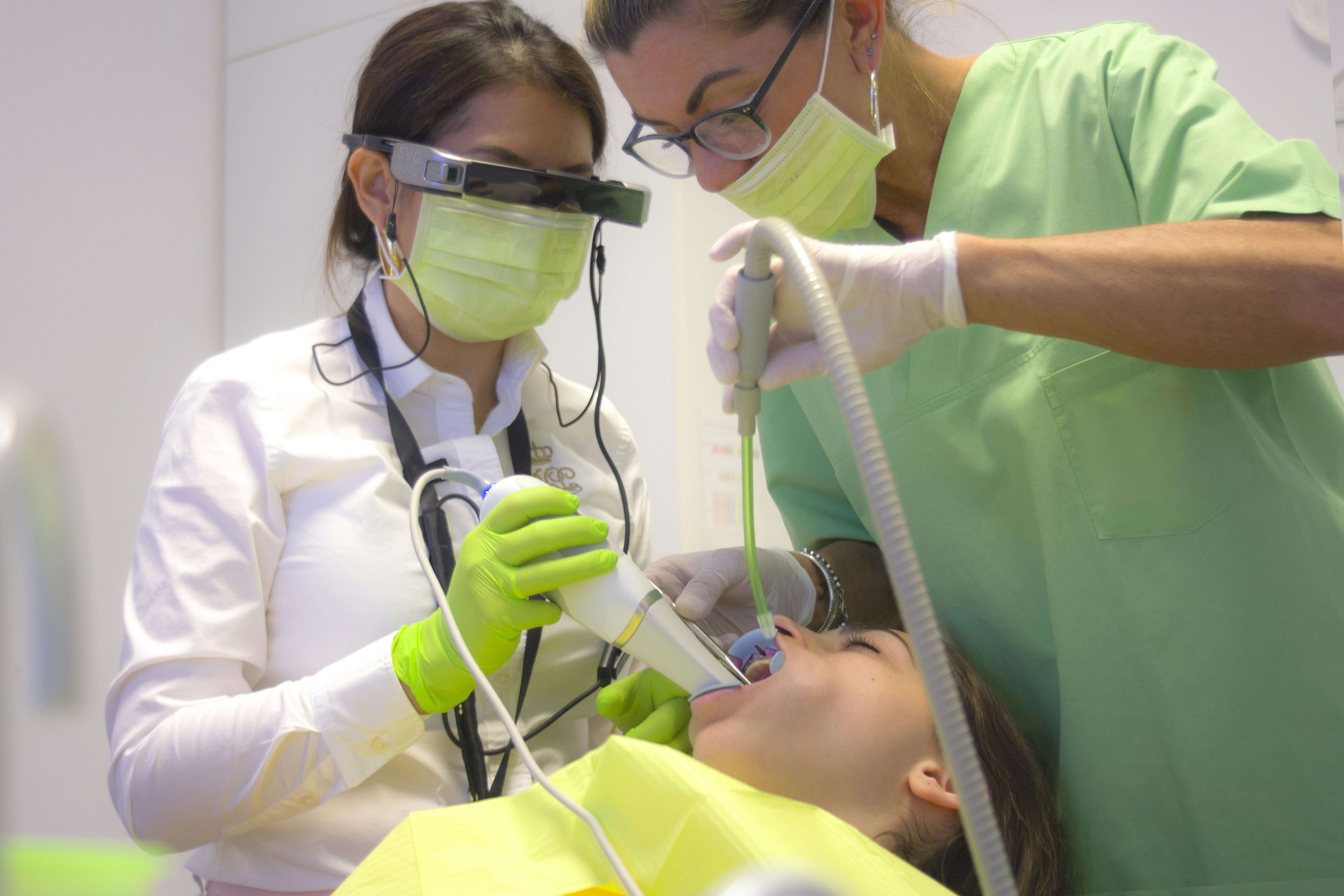- 25 April 2024
- No Comment
- 1179
BioticsAI: Humanity Meets Technology to Help Unborns

Imagine a world where technology not only enhances our daily lives but also safeguards the most vulnerable among us, even before they are born. This is the world BioticsAI is building. Co-founded by Robhy Bustami and Salman Khan in 2020, BioticsAI has carved out a niche at the crucial crossroads of humanity and technology.
The startup’s innovative approach blends artificial intelligence with advanced ultrasound imaging to detect and diagnose fetal abnormalities in unborn babies.
Before we go any further, it’s important to have a clear understanding of the issues and challenges that led to the development of BioticsAI. These challenges are exactly why BioticsAI came out on top, winning the top prize among 3,000 participants in San Francisco at the world’s largest startup pitch competition. This victory showcased their creative solutions to prenatal care challenges and solidified their reputation as a standout in AI diagnostics for reproductive health.
BioticsAI has so far raised $260,000 in multiple funding rounds.
Problems and Challenges in Misdiagnoses or Missed Diagnoses
Diagnosing fetal abnormalities accurately is a critical aspect of prenatal care, but there are several growing problems and challenges in this area that can lead to misdiagnoses or missed diagnoses. Here are some of the main issues:
Shortage of Obstetricians
The availability of enough obstetricians is a major issue for women getting care during pregnancy. This means women might not get the best care they need, which can cause problems that could have been avoided. not just tough on the hospitals and clinics, but it also makes things harder for mothers and can make them not as healthy as they could be.
Limited Access to Advanced Imaging Technologies
Advanced imaging technologies, such as high-resolution ultrasound, MRI, and genetic testing, are not available in all healthcare centres. This limitation can lead to missed or wrong findings, especially in areas that are rural or don’t have sufficient resources.
Variability in Skill and Experience
The accuracy of diagnosing fetal abnormalities often depends on the skill and experience of the healthcare provider performing the ultrasound or interpreting the results. Variability in training and experience can lead to significant discrepancies in diagnosis.
Some fetal abnormalities are incredibly complex and can be difficult to detect, especially early in pregnancy. Conditions like heart defects or subtle genetic syndromes may not be apparent until later stages, or they might be misinterpreted.
Undetected diseases or anomalies may necessitate postnatal medical care. Misdiagnosis during pregnancy may require specialized medical consultations for the infant.
Early pregnancy ultrasound misdiagnosis may harm the baby’s health and growth and might affect the baby’s long-term health and require medical supervision throughout childhood and beyond.
Cost and Insurance Issues
Advanced diagnostic tests can be expensive, and insurance coverage for these tests can vary widely. This can prevent some parents from accessing the best available diagnostic tools.
The challenges BioticsAI tackles are not only technologically demanding but also emotionally charged. Misdiagnosis of fetal abnormalities affects up to 50% of cases, according to the research Robhy highlights. Typically detected during the second-trimester screenings around 20 weeks, these diagnoses have profound implications. Here, BioticsAI is not just filling a gap—it’s bridging a vast divide, offering hope and accuracy where it’s needed most.
What is BioticsAI: How it Works
A Cloud-based Software
BioticsAI is a cutting-edge tool revolutionizing prenatal diagnostics. It operates in the cloud, giving doctors the flexibility to access it from anywhere without additional installations. Its precision in handling ultrasound scans ensures thorough screenings, pinpointing potential issues accurately for comprehensive care.
This software goes beyond detection; it ensures the completeness of each ultrasound test, examining the baby from over 90 perspectives. This comprehensive approach reduces the likelihood of overlooking crucial details, providing reassurance to expectant parents and healthcare providers.
Moreover, BioticsAI streamlines healthcare workers’ tasks by instantly extracting information from scans and generating detailed reports, allowing doctors to focus more on patient care and less on paperwork.
Research and Outcome
Research has demonstrated that BioticsAI enhances the quality of prenatal ultrasound screenings. Obstetricians using this advanced software experienced a significant 20% increase in screening thoroughness, particularly beneficial for those previously struggling with scan quality.
This improvement ensures vital details of fetal anatomy aren’t overlooked, resulting in more precise diagnoses and a deeper insight into maternal and fetal health. The enhanced confidence among healthcare professionals not only benefits medical staff but also provides expectant parents with peace of mind regarding their baby’s health.
Experts behind BioticsAI
The team behind BioticsAI comprises top-tier obstetricians and machine learning engineers with extensive experience from prestigious institutions and renowned companies like IBM Watson, Oracle, Kaiser Permanente, and the University of Pennsylvania. Their combined expertise has led to award-winning studies in artificial intelligence and prenatal diagnostics.
Beyond creating innovative tools, this team has pioneered changes in prenatal care delivery, utilizing technology in novel ways to enhance maternal well-being. With a track record of initiating impactful projects, they are driving advancements in prenatal diagnostics, ensuring better outcomes for mothers and babies.
BioticsAI stands out in improving prenatal diagnostics due to its solid foundation in both scientific research and practical applications, thanks to the expertise of its dedicated team.
BioticsAI Supremacy
BioticsAI’s growing data model, with over 8 million ultrasound scans, gives it an edge. This massive data set helps the researchers to modify their algorithms, improving current technologies and enabling new medical algorithms. BioticsAI can now be used outside prenatal care, providing larger healthcare applications.
This ongoing improvement keeps them ahead of the competition and gives healthcare practitioners and patients the latest options.
BioticsAI’s expanding data capabilities not only enhance their current skills but also pave the way for them to work in related medical fields like gynecology, urology, and neonatology.
With their strong foundation in technology and expertise, they’re set to address significant gaps in healthcare. By applying AI for diagnostics in these linked areas of reproductive health, they’re making their solutions bigger and more useful.
This strategic growth isn’t just about market expansion; it’s about improving patient care and fostering innovation. As BioticsAI ventures into these new areas, it demonstrates their ongoing commitment to using cutting-edge technology to transform healthcare, offering comprehensive solutions for various medical needs.



